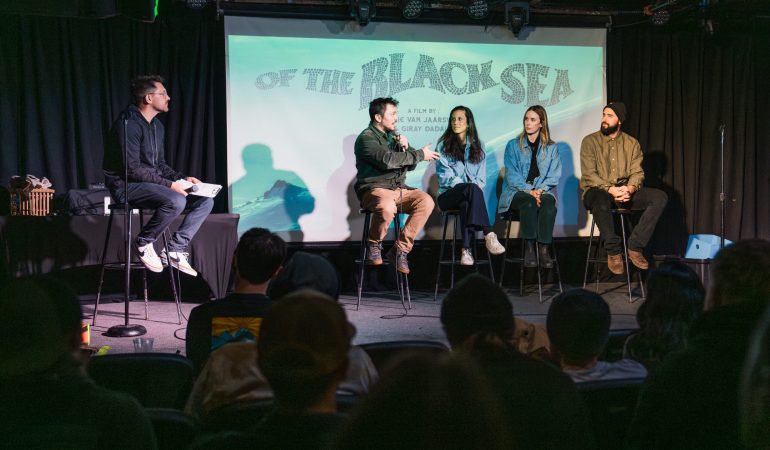The publishing industry, much of which has struggled to create a sustainable business model since 2005, continues to devalue creatives, too. In the late 1980s, now defunct Skiing magazine was paying writers $1 per word. By the early 1990s, the top Skiing contributors were getting $2 a word. Recently, I wrote a story for The New York Times. The pay? One dollar per word. Extraordinarily slow payment by media companies also hurts freelancers. For writers, fees for stories are now paid upon publication when they used to be paid upon acceptance of the work. Even then, it can sometimes take media companies up to a year to pay up. That money should be in the writers’ accounts collecting interest.
The Adventure Journal recently reported that photographer Stuart Palley wrote a post about a “clients’ hall of shame,” calling out publications for taking up to six months to pay. The Adventure Journal also reported that, because of several bad experiences, Palley has effectively stopped working with the media. “The juice is no longer worth the squeeze,” is the frequent refrain.
Creatives, though, are not without blame. New players have always taken low paying work to build portfolios, and it’s hard to blame anyone for that. We all grow out of that phase. But endemically poor business practices by creatives also contribute to lower fees for all. A practice called “trade in kind,” in which creatives trade work for goods or services, also damages the overall market. In theory, if a creative is trading for something of equal value, making trades isn’t terrible (Adam Barker says that the value of licensing a photo for one-time use on Instagram is approximately worth the cost of two nights at The Wort). But it almost never works out that way.
I hate to admit that I’ve engaged in trade in kind—and that it most definitely did not work out well for me. A few years ago, I agreed to write for Aspen Skiing Company in exchange for a season’s pass (a value of about $3,000). After I’d done all the writing, I tallied up how much I would’ve earned had I charged them a fair rate. Over $6,000.
I wrote to tell the content director that I’d be happy to continue writing for the company, but that I wouldn’t be able to do a pass trade again—I’d need to be paid. I never heard from them again.
What irks me, is that these companies have plenty of money to pay creatives what they’re worth. But they’ve become so accustomed to essentially getting a lot for nothing, that it seems increasingly difficult to demand fair pay for fair work.








